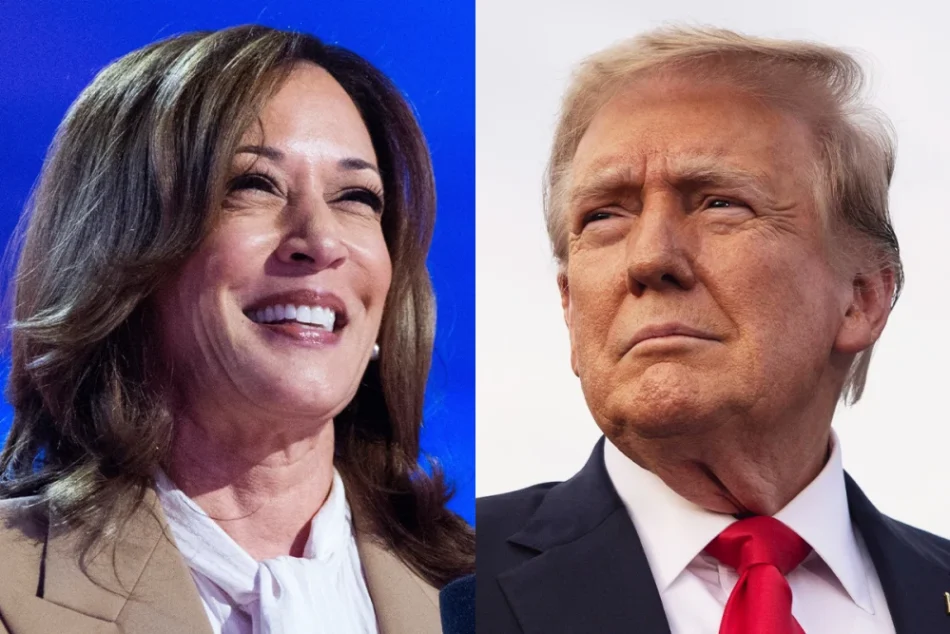As election season comes around, many Americans experience a notable increase in stress and anxiety. Elections don’t just shape the country’s leadership and policies—they also impact our collective well-being. While voting is an empowering right, the heightened emotions, political tension, and divisive rhetoric around elections can take a toll on mental health. In this post, we’ll explore the impact of elections on Americans’ mental health, the factors driving election-related stress, and some tips for maintaining emotional well-being during this charged time.
How Elections Affect Mental Health
Election seasons often feel like emotional rollercoasters, with frequent news cycles, social media debates, and campaign messages vying for attention. For many, the stakes can feel incredibly high, leading to feelings of worry, anger, or even helplessness. Research has shown that election seasons are linked with increased anxiety, depression, and stress. According to the American Psychological Association (APA), during recent election cycles, nearly 70% of Americans reported that the political climate significantly added to their stress levels.
The Role of Uncertainty
Uncertainty about the outcome of elections can trigger stress, as many feel that their values, future opportunities, or even personal rights might be on the line. When people feel uncertain about their future, they often experience heightened anxiety, which can affect sleep, productivity, and even physical health.
Media and Social Media Exposure
With 24/7 media coverage, news outlets frequently spotlight dramatic stories and polarizing viewpoints. Constant exposure to political conflict can make people feel overwhelmed and drained. Social media, in particular, can create echo chambers, intensifying feelings of division and frustration, especially if individuals find themselves constantly debating with friends, family, or strangers.
Personal Impact
For those whose lives or identities are directly impacted by election outcomes—such as individuals concerned about healthcare, immigration, or civil rights—the stakes can feel even more personal. These stressors can deepen feelings of vulnerability and fear, especially if they feel their values or identities aren’t supported by political leaders.
Community and Family Tensions
Election periods can also strain relationships, creating conflicts within families, friendships, and communities. Political arguments and differing perspectives often surface, causing discord and contributing to feelings of isolation.
Coping with Election-Related Stress
While election stress may feel overwhelming, there are several ways to manage it:
Limit Media Consumption
Staying informed is important, but overconsumption of news can be detrimental to mental health. Try setting specific times to catch up on election coverage, and consider limiting social media use during this time.
Focus on Self-Care
Taking time to relax and unwind is vital. Practices like exercise, meditation, and spending time with loved ones can help reduce stress and give your mind a break from election-related worry.
Engage in Constructive Conversations
Instead of engaging in heated debates, seek out respectful and open conversations. Learning how others think can build empathy and understanding, even if you don’t agree on every point.
Take Action
Volunteering, phone banking, or working on campaigns can help people feel more in control of the election process. Engaging in civic duties is a great way to channel worry into positive action and helps make a tangible impact.
Seek Support When Needed
If election-related anxiety becomes overwhelming, talking to a therapist or counselor can provide relief. Many mental health professionals are familiar with the unique stresses surrounding elections and can offer tools to help manage them.
Looking Ahead
Elections are a powerful time in American democracy. While they come with stress and challenges, they are also an opportunity for individuals to feel empowered and make their voices heard. By focusing on mental health and learning to manage election-related stress, Americans can engage in the political process in ways that are both meaningful and emotionally sustainable. After all, a healthy democracy begins with mentally healthy citizens.














